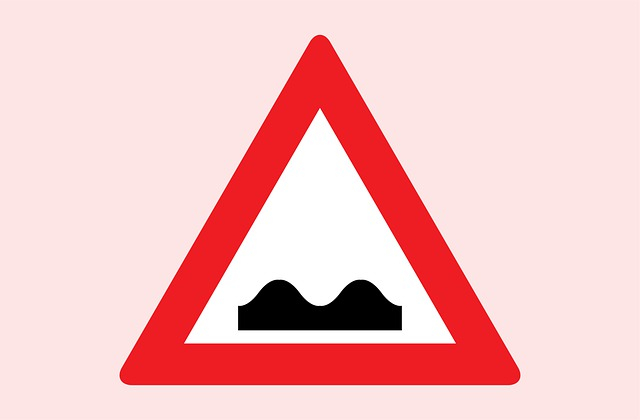
Why Do Fences Settle, and How Can It Be Avoided?
If you’ve noticed that your fence or gate is no longer level and contacted the fence company who installed it to inquire, you might have been told your fence has settled.
They probably also told you that this is normal, and that’s true. However, there are methods of preventing fence settling. Let’s take a closer look.
What Is Fence Settling?
When someone tells you your fence or gate has settled, what they mean is that the fence posts have sunk a little more into the dirt. The fence post and any concrete around it can drop by several inches, which of course changes the profile of your fence.
If fence and gate posts don’t settle evenly, your fence will not look level on the top. Gates that used to hang properly can also start to sag if your gate posts have settled.
This is obviously not desirable, particularly if you have a lot of settling! So, let’s look at why this happens next, and then how it can be prevented.
Why Do Fences Settle?
The first thing we need to establish is why fences settle to begin with.
The single biggest reason is the soil type, and how it has been prepared.
Not all soil types are suited to carrying a lot of weight. Those that are could still result in settling if they are not properly compacted before the fence is installed.
Other reasons why fences might settle is the weight of the fence itself (combined with other issues mentioned here). The heavier a fence is, the sturdier the ground around it needs to be.
Finally, there’s water. Whether it’s a high-water table, frost heave or erosion, water can very quickly undermine a fence – even if it was properly installed.
How to Prevent Fence Settling
Most of the work required to prevent fence settling happens before the fence is ordered or installed.
If you are installing a very heavy fence – such as a high security fence around a prison or industrial development – make sure you have a proper geotechnical investigation done.
If the soil along the fence line is not suitable for supporting the fence, you might need to dig a trench along problem areas of the fence line and use imported material to create a stable base.
Whatever the soil type along your fence, you should also ensure that the fence line is properly compacted. Density testing can help to confirm this.
If you are having landscaping or other work done along your fence line that will loosen the soil, make sure you have the fence line compacted before your fence is installed. This is not usually part of the fence installation process unless it is specified before fence companies quote, so if they are going to be expected to do this, you will have to ask for it.
Finally, try to avoid installing fences in areas where water is likely to affect your fence. Whether it’s frost heave in the winter, erosion or even corrosion and rotting, water is never good for your fence.
Proper Planning Is Key
As you can see from this article, while fence companies are correct why they say that settling of fences does happen, there are ways to avoid it.
As with most things, if you plan ahead and do a little more work during the design phase of your project, you’re likely to have a much better result.

